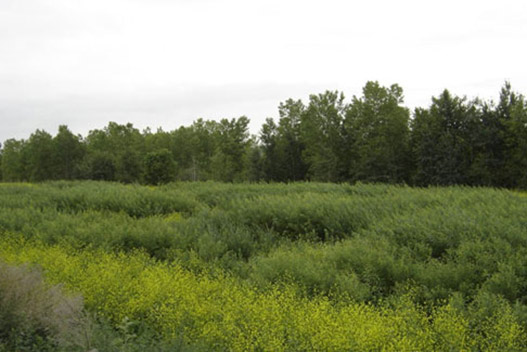 | 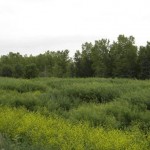 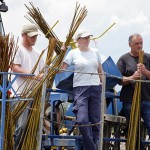 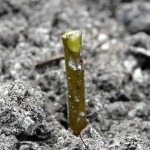 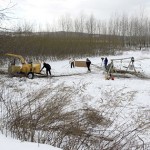 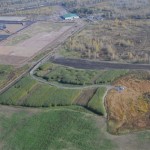 
|
The State University of New York College of Environmental Science and Forestry (SUNY-ESF) and Honeywell have worked in partnership to create a sustainable Shrub Willow Farm in Camillus. The shrub willows, which are providing an effective, vegetative cover, also offer improved habitat for wildlife and can reduce greenhouse gas emissions.
For more than two decades, SUNY-ESF has promoted the commercialization of willow crops for bioenergy, biofuels and bioproducts. In 2004, SUNY-ESF and Honeywell began planting the shrub willows. Today, about 750,000 willows thrive on nearly 125 acres. Approximately 150 native plant species, many of which are from imperiled inland salt marshes, are thriving on five nearby acres.
Shrub willows have a history in Central New York. Native Americans have long understood the benefits of the willow for medicinal purposes, as construction material, and for stabilizing stream banks. European immigrants in the 1840s cultivated shrub willows to make baskets and furniture. By the early 1900s, more shrub willows were grown, and willow baskets produced, in Onondaga County than in any other county in the United States.
For more news about this cleanup area, click here.





